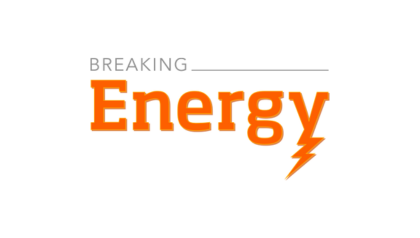
The Fukushima blowout in Japan highlighted a less-known problem with nuclear generation: the economics storing spent cells.
Four experts are proposing new ways for nuclear waste storage to overcome the problem and actually make a profit.
“You create incentives to take care of the spent fuel when there has been none,” said Sharon Squassoni, senior fellow and director of the CSIS Proliferation Prevention Program. “It’s hard to imagine a system where there are fewer incentives to store fuel than ours.”
Squassoni suggested that the US would benefit from a voluntary process by which states choose to store spent nuclear rods because it is profitable.
Squassoni co-authored the latest Center for Strategic & International Studies (CSIS) report, which takes a similar approach to the problem as did the US Department of Energy‘s Blue Ribbon Commission on American’s Nuclear Future. But “U.S. Spent Nuclear Fuel: A Market-Based Solution,” takes the angle of market economics.
Among the eight proposals are provisions to amend state regulations that limit interstate transport of the rods and to amend rules on storage criteria. The report also proposed that all states should be treated equally in voluntary licensing processes.
The report recommends:
1. Utilities pay into escrow funds rather than payments to the federal government for spent fuel management
2. Reassessing the radioisotope containment criteria for spent fuel repositories
3. Ending requirement to promptly bury all spent fuel
4. Providing federal support for preparation of licenses for remote storage facilities
5. Removing nontechnical restrictions on maximum volumes and site license durations for remote spent fuel cell management facilities
6. All states treated equally in voluntary licensing processes, including Nevada
7. Loosening restrictions on spent fuel shipment and give the private sector options
8. Allowing states to import foreign spent fuel
Charles Ferguson, professor at Georgetown University, Clifford Singer at the Urbana-Champaign campus of the University of Illinois, and Jack Spencer from the Heritage Foundation, who wrote the report with Squassoni, are in favor of multiple nuclear storage sites that are remote from the plants themselves.
Japan’s Fukushima plant has spent nuclear rods stored on-site, which were exposed during the earthquake. That is why Squassoni think they should be kept far from the nuclear plants. Also, it is extremely expensive to keep a storage facility intact even after a plant may stop operating.
Having a single repository can also be very dangerous, according to Squassoni, as seen in the Yucca Mountain storage site that was quickly overloaded with nuclear waste.
Most important, according to the report, is to make the market of nuclear storage profitable. In that case, states will see storage facilities as “an asset rather than a liability,” Squassoni said.
Picture: A Spent Fuel Pool (Source: Nuclear Regulatory Commission, CSIS)
